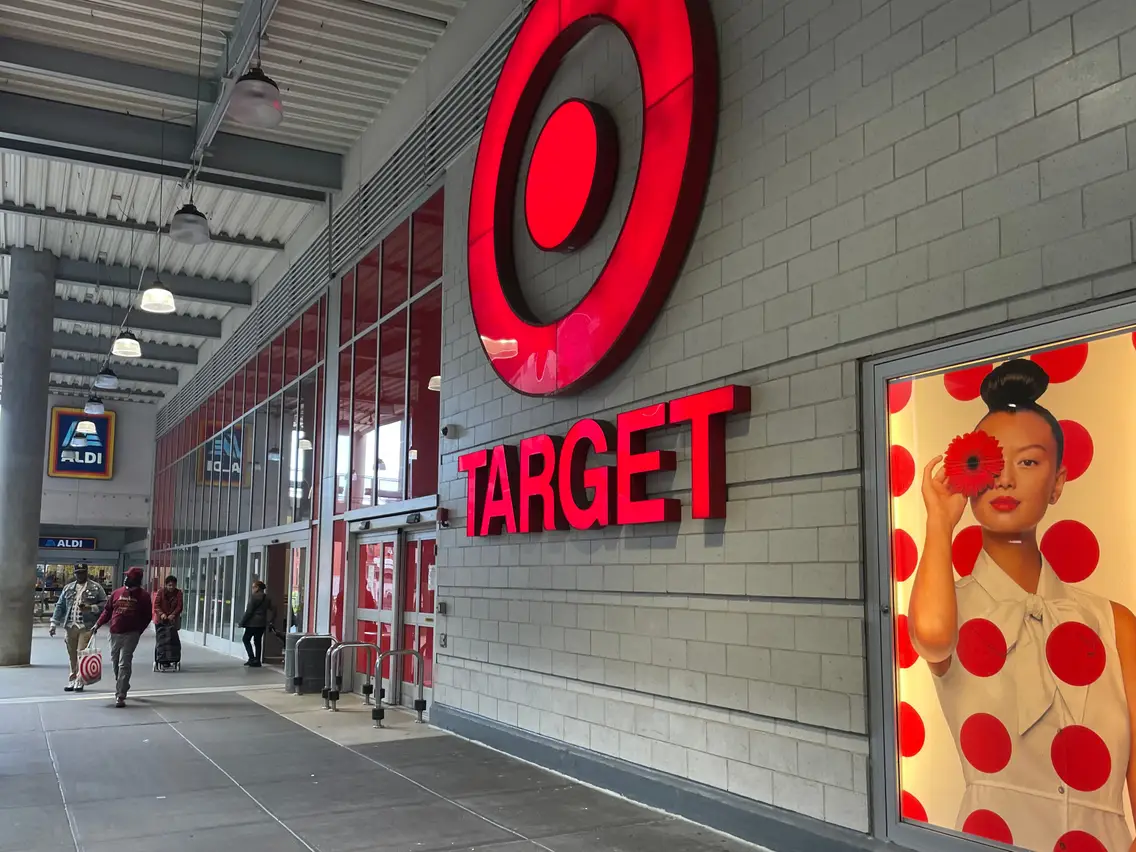On Tuesday, Target announced it will close nine stores in major U.S. cities due to issues with violence, theft, and organized retail crime.
The closures will affect one store in Harlem, New York City; two locations in Seattle; three stores in the San Francisco-Oakland area; and three more in Portland, Oregon. The stores are set to shut down permanently on October 21.
In a statement, Target explained that the decision to close these stores is driven by safety concerns for its team and customers, and the impact of theft and organized retail crime on the store’s financial performance.
“We cannot continue operating these stores because theft and organized retail crime are threatening the safety of our team and guests, and contributing to unsustainable business performance,” the company said.
“We know that our stores serve an important role in their communities, but we can only be successful if the working and shopping environment is safe for all.”
With nearly 2,000 stores in the U.S., Target has been vocal about the impact of organized retail crime.
The company has reported that theft has increased shrink—industry jargon for losses from damaged, misplaced, or stolen goods. Target’s decision to close stores and explicitly attribute it to retail crime is relatively unique among retailers.
When Target reported its fiscal second-quarter earnings in mid-May, CEO Brian Cornell noted a significant rise in organized retail crime and indicated that shrink could reduce the company’s full-year profitability by over $500 million compared to the previous year.
Despite this, Cornell emphasized the company’s reluctance to close stores, citing their importance in providing local jobs, generating taxes, and serving communities.
He assured that Target would continue efforts to keep stores open while closely monitoring safety and financial impacts.
Target’s announcement has spurred other companies to address the issue of retail crime and advocate for legislative changes.

Retailers and trade associations are supporting the Combating Organized Retail Crime Act, which aims to impose stricter penalties for theft and revise the legal thresholds for federal theft cases.
This follows the Inform Act, which requires online marketplaces to disclose high-volume sellers to combat the sale of stolen and counterfeit goods.
Since 2022, several states have enacted laws imposing harsher penalties for organized retail crime, driven by the collective efforts of retailers and trade associations.
Target’s struggles with theft are part of broader challenges, including excess unsold inventory, backlash to its Pride merchandise collection, and reduced consumer spending on non-essential items.
The company had not previously mentioned shrink affecting margins in earnings calls until August 2022, when rising inventories and higher markdowns to clear unwanted merchandise began impacting profits.
Despite various measures to combat crime—such as adding locked cases for merchandise, hiring third-party security, and investing in cyber defense—Target said that enhanced security and theft deterrent tools were insufficient at the affected stores.
The company plans to offer opportunities for employees at the closed stores to transfer to other locations, though its strategy for improving inventory management remains unclear.
On the same day as the store closure announcement, the National Retail Federation released its latest National Retail Security Survey, showing that the impact of theft on retailers remains stable compared to previous years.
In 2022, total retail shrink increased to over $112 billion, up from $93.9 billion the year before. The average annual shrink rate was 1.57%, consistent with past years and considered normal by industry experts.
Target’s decision to close stores adds it to a list of retailers, including Walmart, Nordstrom, and Walgreens Boots Alliance, who have shut locations in major cities.
Nordstrom recently closed its San Francisco stores due to decreased foot traffic rather than crime.
Walmart has also closed some stores but cited profitability challenges rather than theft. Walgreens previously closed stores in San Francisco, citing organized retail crime as a factor.







Leave a Reply